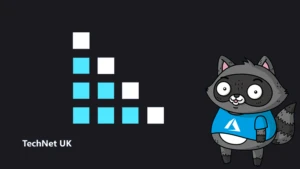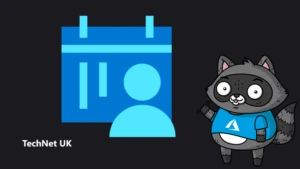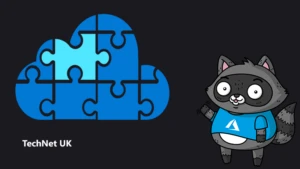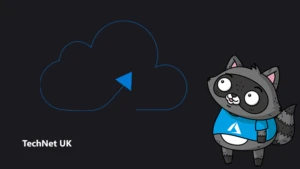
Why GitHub Actions is invaluable for devs

Learn GitHub Actions. If you already are familiar with it, deepen your knowledge.
As programmers, we tend to focus on computing languages and perhaps the integrated development environment (IDE) we use. That makes sense, and there’s plenty in computing culture to push us in the direction of study of the latest syntax, or the best libraries and frameworks that apply to our work. Yes, dive into Selectors Level 4 and Jupyter and RxJava and Big Data Clusters. Those will always be fundamental.
You also need to experience for yourself the workflow automation that Actions offers. Think of it as programming, but on a higher level. You absolutely need the basics of your chosen technologies; at the same time, workflow automation helps you leverage that knowledge in a way that’s hard to understand until you try it for yourself.
Force multipliers
We’ll look at Actions in several different aspects, because it’s so easy to underestimate otherwise.
GitHub started as a rather passive repository: developers put source code there, and developers retrieved source code from it. GitHub offered new services through the years, including Pages to host websites based on stored source.
Actions activates all the previous capabilities, because Actions executes source. Most introductions to Actions present its CI/CD capabilities, and those indeed are important to the point of being indispensable for many development projects. CI/CD is almost a side effect, though, of Actions’ more general collaborative and computational capabilities.
Think for a moment about applications out in the real world. Amazing results are now feasible because what used to be top-level research projects in motion detection or natural-language processing or geographic information systems have been reduced to open-source libraries that anyone can incorporate. Actions helps focus some of that same power on our domain: source code. Source repositories no longer are passive dumps where we pour our source in, but increasingly active team members that automate more and more of the tedious work of programming.
And that is true because Actions isn’t just a tool, but a workplace for sharing best practices. Consider, say, security vulnerabilities. You probably recognise the benefits of automatic scanning of your source code to identify potential vulnerabilities. You might even recognise that Actions, like other CI/CD tools, is a great way to automate those scans to find problems long before they can affect your users. But there’s more! Actions also supports an entire marketplace of shareable executable pieces that embody best practices in this and related areas. You don’t have to reinvent common wheels for issuing notifications and tracking progress and reporting results. Others have already done this, and many of those achievements are available for your use.
Review stale issues that deserve closure? There’s an Action for that. Help newcomers set up an effective Go development environment? That’s in there. Customise localisation processes so your application speaks like a native? Actions can help.
You owe it to yourself to learn enough of Actions to handle as many of the administrative processes around development as possible. That will free you to turn your attention back to the programming you like, with the security that Actions is taking care of the other parts.
Look to the future
Learn the latest Actions news, because, along with all the benefits and features mentioned above, Actions is more and more a platform for collaboration by the distributed teams of the post-pandemic future.
Learn more




